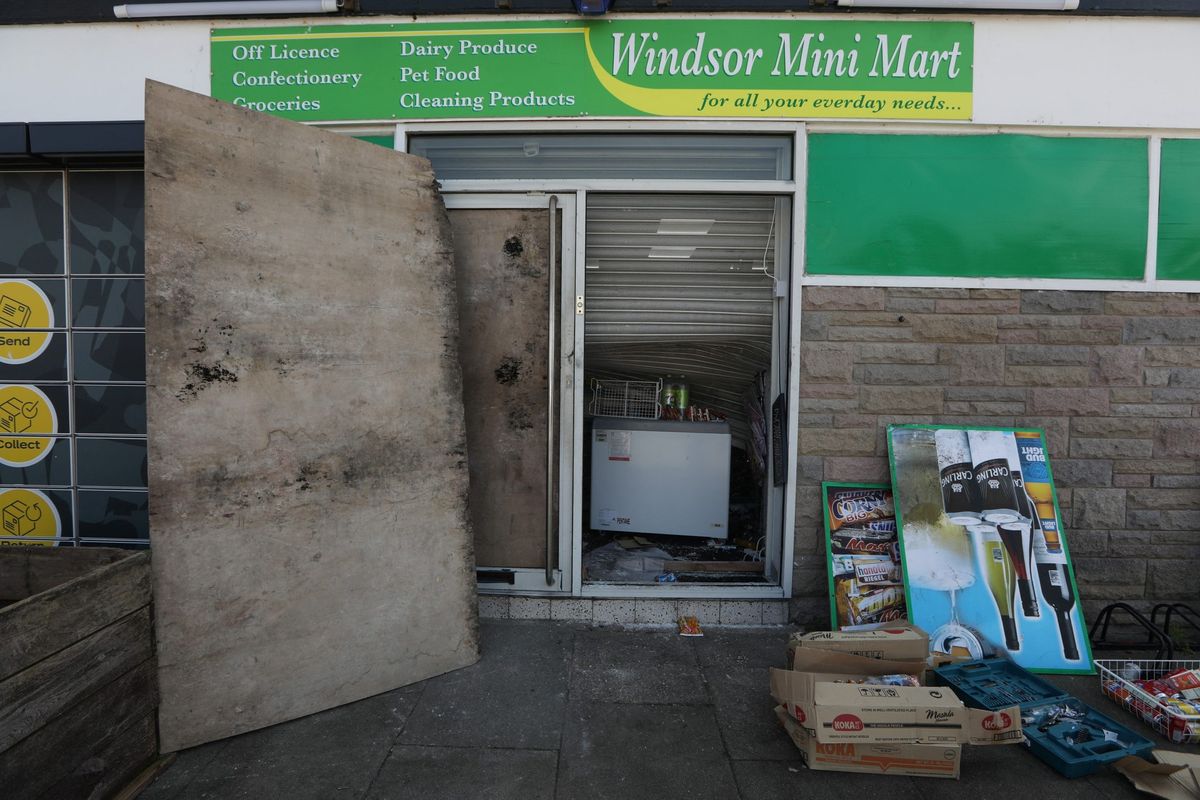More than one in four UK businesses were impacted by civil unrest last year, with nearly two thirds citing a continuation of the problem as a major concern for 2025.
The research was conducted by global risk management and insurance broking firm Gallagher in January 2025 among over 500 UK business decision-makers at firms of all sizes and gauged the effect of civil unrest during 2024, including protests, vandalism, looting and riots.
The damage reported by business leaders came in several different forms, as nearly half (47 per cent) of impacted firms reported that they had to close their premises, 44 per cent said their premises were damaged and 40 per cent said either stock or equipment was damaged or stolen.
Protests and riots were rife in the UK in 2024, with the vast majority taking place in England.
According to ACLED data collated by Gallagher’s crisis management team nearly 1000 protests took place, equivalent of just short of 20 events per week, with subjects such as climate change, politics and immigration driving protesters to the streets.
Of particular note were the riots that followed a multiple stabbing incident in Southport with demonstrations subsequently taking place in 27 towns and cities between 30 July and 7 August.
Insured losses from these events are estimated at £250 million3 and millions more has been claimed from the public purse in compensation payments. However these figures are the tip of the iceberg for firms impacted by loss of trade and uninsured losses, plus the cost of policing which is paid for by all UK council taxpayers.
Thousands of people were arrested and hundreds have subsequently been imprisoned for their part in the disturbances.
Many businesses have taken measures to prepare for the effects of future trouble – regardless of whether they were impacted in 2024.
More than one in three (35 per cent) have increased security; one in four (28 per cent) have taken action to evaluate the risks they are facing and a similar number (25 per cent) have reviewed their insurance to ensure they are covered in the event of damage or disruption.
The research also looked at anti-social behaviour with business leaders more likely to be concerned about risks from anti-social behaviour on their trading than terrorism risks (32 per cent v 30 per cent).
Of the firms affected by anti-social behaviour, 41 per cent said their firm had experienced a theft, 38 per cent had been subject to threatening behaviour and 36 per cent said vandalism had caused a problem.
Theft from retailers has surged, with shoplifting rising by a third in the 12 months to June 2024, according to the ONS, leading to many retailers to review how they combat this behaviour.
Jonathan Rae, Director of Crisis Management at Gallagher said, “It is clear that all kinds of civil unrest in the UK is a problem and is weighing heavily on the minds of business leaders.
"With many of the underlying conditions cited by business leaders still present in the UK, from inflationary pressures to societal division, it is no surprise UK businesses are concerned about another year of anti-social behaviour, and many making plans to protect themselves against its impact.
“Businesses of all types are exposed to civil unrest, and having the right insurance is key to mitigating the impact and any financial losses.
UK business leaders should work with an experienced crisis resilience risk adviser who can provide advice and guidance on what insurance is needed to cover different exposures.
As well as insuring damage to properties and having the right business interruption cover if firms are unable to trade, businesses should also consider crisis resilience insurance which includes a wide range of cover including risk management advice, access to emergency funds, employee awareness training, 24/7 response consultants, liaison with the authorities and business recovery advice.”


